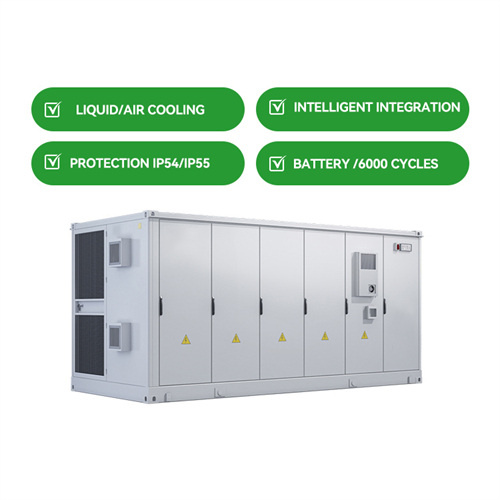Small energy storage product development
As the photovoltaic (PV) industry continues to evolve, advancements in Small energy storage product development have become critical to optimizing the utilization of renewable energy sources. From innovative battery technologies to intelligent energy management systems, these solutions are transforming the way we store and distribute solar-generated electricity.
6 FAQs about [Small energy storage product development]
What are energy storage technologies?
Energy storage technologies have the potential to reduce energy waste, ensure reliable energy access, and build a more balanced energy system. Over the last few decades, advancements in efficiency, cost, and capacity have made electrical and mechanical energy storage devices more affordable and accessible.
How can energy storage systems improve the lifespan and power output?
Enhancing the lifespan and power output of energy storage systems should be the main emphasis of research. The focus of current energy storage system trends is on enhancing current technologies to boost their effectiveness, lower prices, and expand their flexibility to various applications.
What is the future of energy storage?
Storage enables electricity systems to remain in balance despite variations in wind and solar availability, allowing for cost-effective deep decarbonization while maintaining reliability. The Future of Energy Storage report is an essential analysis of this key component in decarbonizing our energy infrastructure and combating climate change.
Why should we invest in energy storage technologies?
Investing in research and development for better energy storage technologies is essential to reduce our reliance on fossil fuels, reduce emissions, and create a more resilient energy system. Energy storage technologies will be crucial in building a safe energy future if the correct investments are made.
What are the different types of energy storage technologies?
The main energy storage technologies available today are mechanical, electrochemical, thermal, and flywheel energy storage. Each of these technologies has its advantages and disadvantages, and its own set of applications.
Why is energy storage important?
Energy storage is a potential substitute for, or complement to, almost every aspect of a power system, including generation, transmission, and demand flexibility. Storage should be co-optimized with clean generation, transmission systems, and strategies to reward consumers for making their electricity use more flexible.

